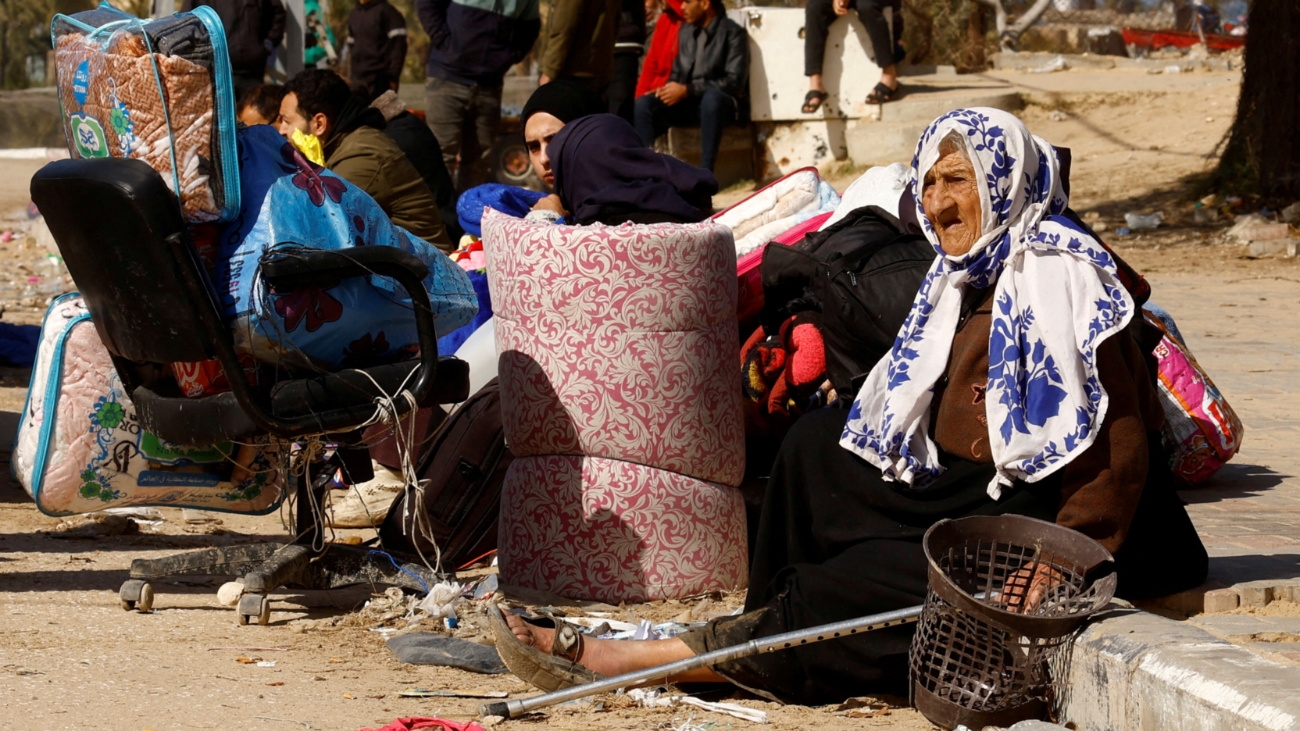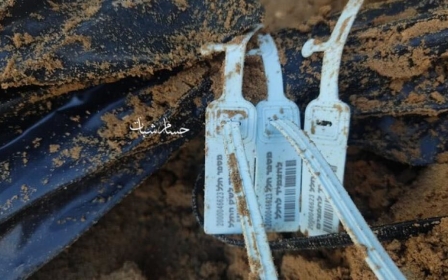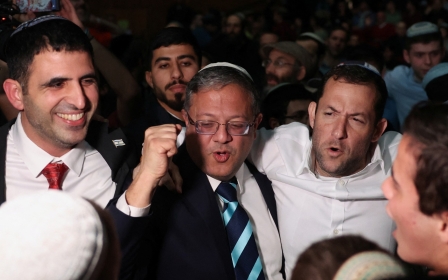War on Gaza: Israel seeks control over Egypt corridor, says army radio

Israel is trying to reach an agreement with Egypt which would move displaced Palestinians from Gaza's Rafah to northern areas, while Israel gains more control over the Philadelphi corridor, security officials told the Israeli army's radio channel on Thursday.
The agreement would ensure that over a million displaced Palestinians in Rafah do not attempt to seek refuge in Egypt, a scenario much feared by Cairo, while Israel expands its operations into the southern Palestinian region.
According to the sources, Israel plans to gain more control over the border corridor between Egypt and Gaza, known as the Philadephi corridor.
The 14km-long and 100-metre-wide piece of land has been officially under joint Egyptian-Palestinian Authority control ever since Israel's withdrawal from the Gaza Strip in 2005, but the Palestinian side was taken over by Hamas after it seized power in Gaza in 2007.
Hamas, along with other Palestinian groups, dug out tunnels under the corridor to smuggle supplies between Egypt and Gaza.
Stay informed with MEE's newsletters
Sign up to get the latest alerts, insights and analysis, starting with Turkey Unpacked
Since the onset of the current war, Israeli officials have repeatedly mentioned their determination to retake control over the corridor.
"The Philadelphi Corridor - or to put it more correctly, the southern stoppage point [of Gaza] - must be in our hands," Israeli Prime Minister Benjamin Netanyahu said in a press conference in December.
Security sources cited by the Israeli radio claim they were able to convince an unnamed Arab Gulf country to fund the construction of underground walls that would close the tunnels, but that the move remains subject to Egypt's approval.
Middle East Eye delivers independent and unrivalled coverage and analysis of the Middle East, North Africa and beyond. To learn more about republishing this content and the associated fees, please fill out this form. More about MEE can be found here.




